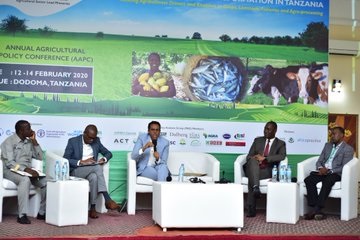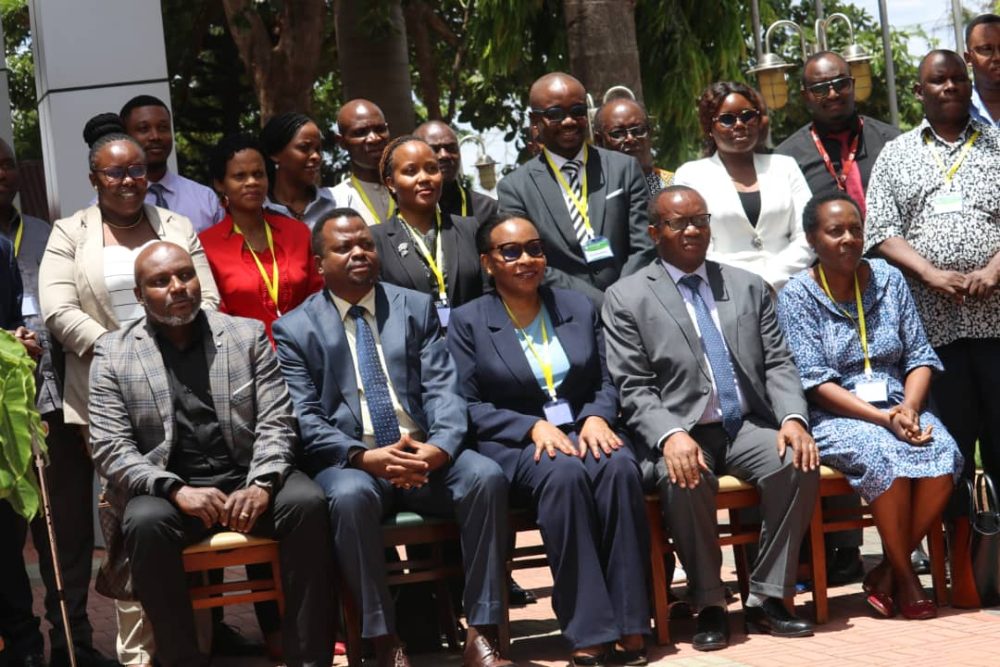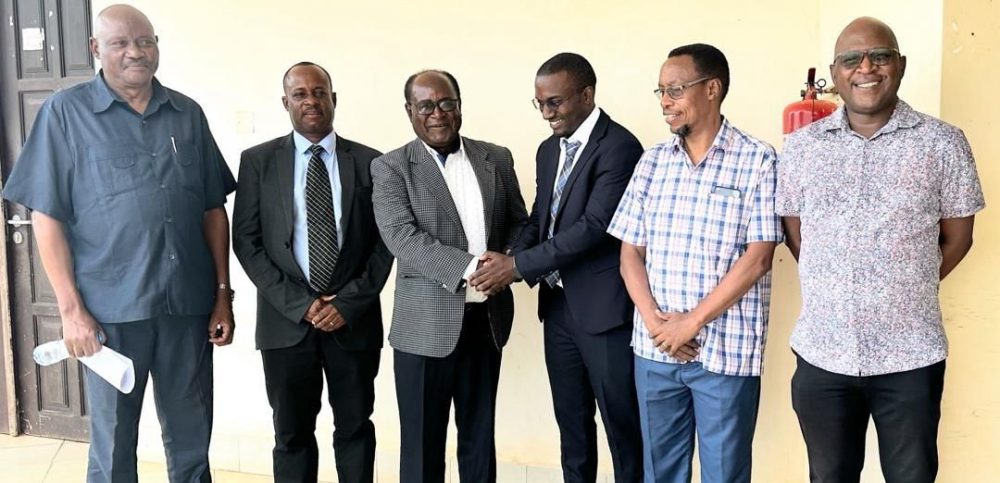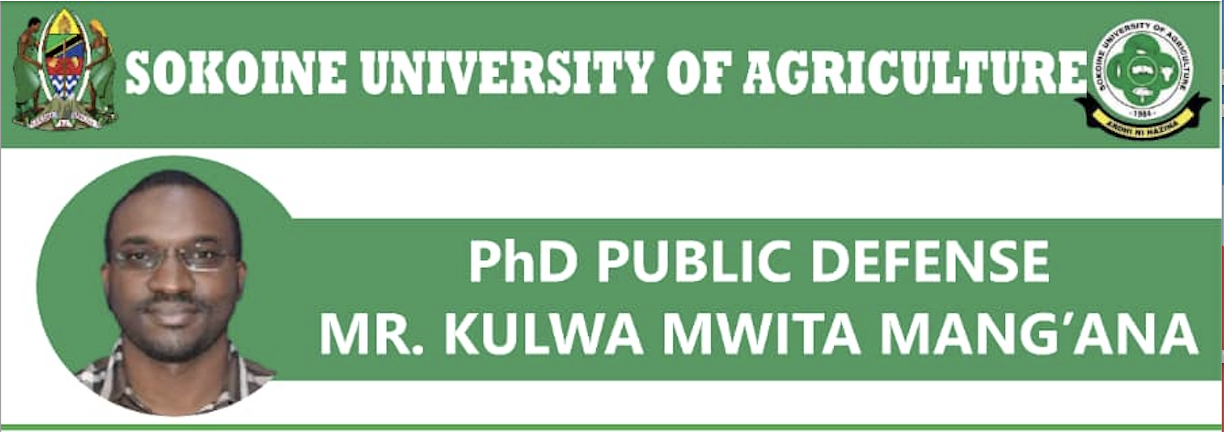The Annual Agricultural Policy Conference (AAPC) was organized by the Policy Analysis Group (PAG) in collaboration with the Ministry of Agriculture and other Agricultural Sector Lead Ministries on 12-14th February 2020 in Dodoma Tanzania. The theme for the conference was PUBLIC AND PRIVATE SECTOR INVESTMENT FOR AGRICULTURAL TRANSFORMATION IN TANZANIA. Tackling Agribusiness Drivers and Enablers in Crop Livestock, Fisheries and Agro processing.
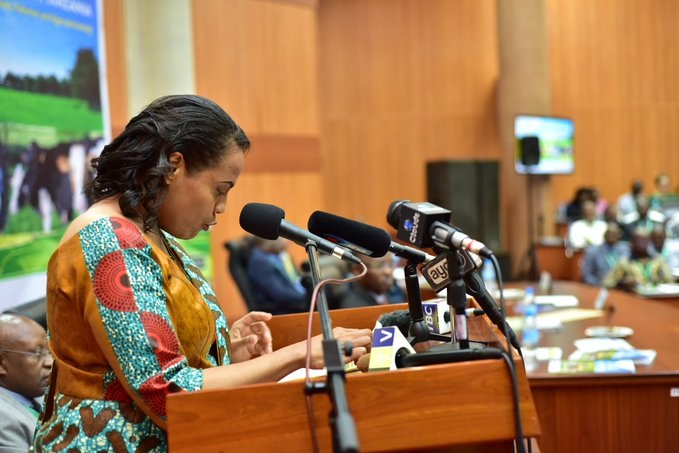
PAG is an informal (community of practice) and voluntary group with members working on agricultural policy projects and initiatives, academia, local and international policy think tanks. Established in 2013, the group has about 20 members and provides a platform for sharing information on policy research findings so as to enhance coordination, collaboration and synergy. PAG also aims at ensuring consistency in policy messaging. The AAPC brings together over 150 participants from academia, research institutions, policy-makers, advocacy groups and development practitioners from Tanzania, in the region and beyond.
Guest of Honor, Hon. (MP), Minister of State in Prime Minister’s Office (Investment) officiates the 6th AAPC and urge all actors of private sectors to continue to cooperate with the government by investing in different areas in this large sector of Agriculture ,Livestock and Fisheries
The 6th AAPC tackle value chain specific policies to deepen the impact on food security,nutrition and job creation in Tanzania. The discussion was revolve around drivers of growth which include macro and micro economic policies and enablers of sector growth, particularly supporting infrastructure, finance and human resource. The theme captures very well the 5th phase Government agenda for economic transformation and industrialization in which agriculture provides multiple linkages including raw materials and labour.
KEY POLICY QUESTIONS FOR DISCUSSION
Based on the theme and sub-theme for the 6th AAAP, the following are some of the key questions to be tackled during paper presentations and discussions:
- ) What is the performance of the agricultural sector in the context of the economic transformation and industrialization agenda? Is agriculture the driver or follower of economic transformation?
- ) Despite increased pace of policy reforms why have concerns on business environment have persisted?
- ) Is there a need for prioritization of reforms? What further incentives could be provided to enhance both public and private sector investment in the sector areas
Hon. (MP), Deputy Minister Hussein Bashe said making improved seeds available at an affordable price & at the right time is key. Government’s Agriculture Seed Agency (ADS) cannot meet demand alone. As a ministry we want to create private/public sector partnership to spur seed production
POLICY ANALYSIS GROUP (PAG) MEMBERS CONSIST OF
- – Agricultural Markets and Development Trust(AMDT)
- – Agricultural Non-State Actors Forum (ANSAF)
- – Agricultural Sector Policy and Institutional Reforms Strengthening (ASPIRES)
- – Alliance for a Green Revolution in Africa (AGRA)
- – Dalberg
- – Eastern Africa Grain Council (EAGC)
- – Economic and Social Research Foundation (ESRF)
- – Enabling Growth through Investment and Enterprise Program (ENGINE)
- – Financial Sector Deepening Trust (FSDT)
- – International Food Policy Research Institute (IFPRI)
- – International Livestock Research Institute (ILRI)
- – Monitoring and Analysing Food and Agriculture Policies (FAO-MAFAP)
- – Platform for Agricultural Policy Analysis and Coordination- PAPAC, representing the Ministry of Agriculture Livestock and Fisheries
- – REPOA
- – Regional Strategic Analysis and Knowledge Support System (ReSAKSS)
- – Southern Agricultural Growth Corridor of Tanzania (SAGCOT)
- – Tanzania Horticulture Association (TAHA)
- – Trademark East Africa (TMEA)
- – Tanzania Private Sector Foundation (TPSF)
- – Agri-connect (EU)
- – USAID
.